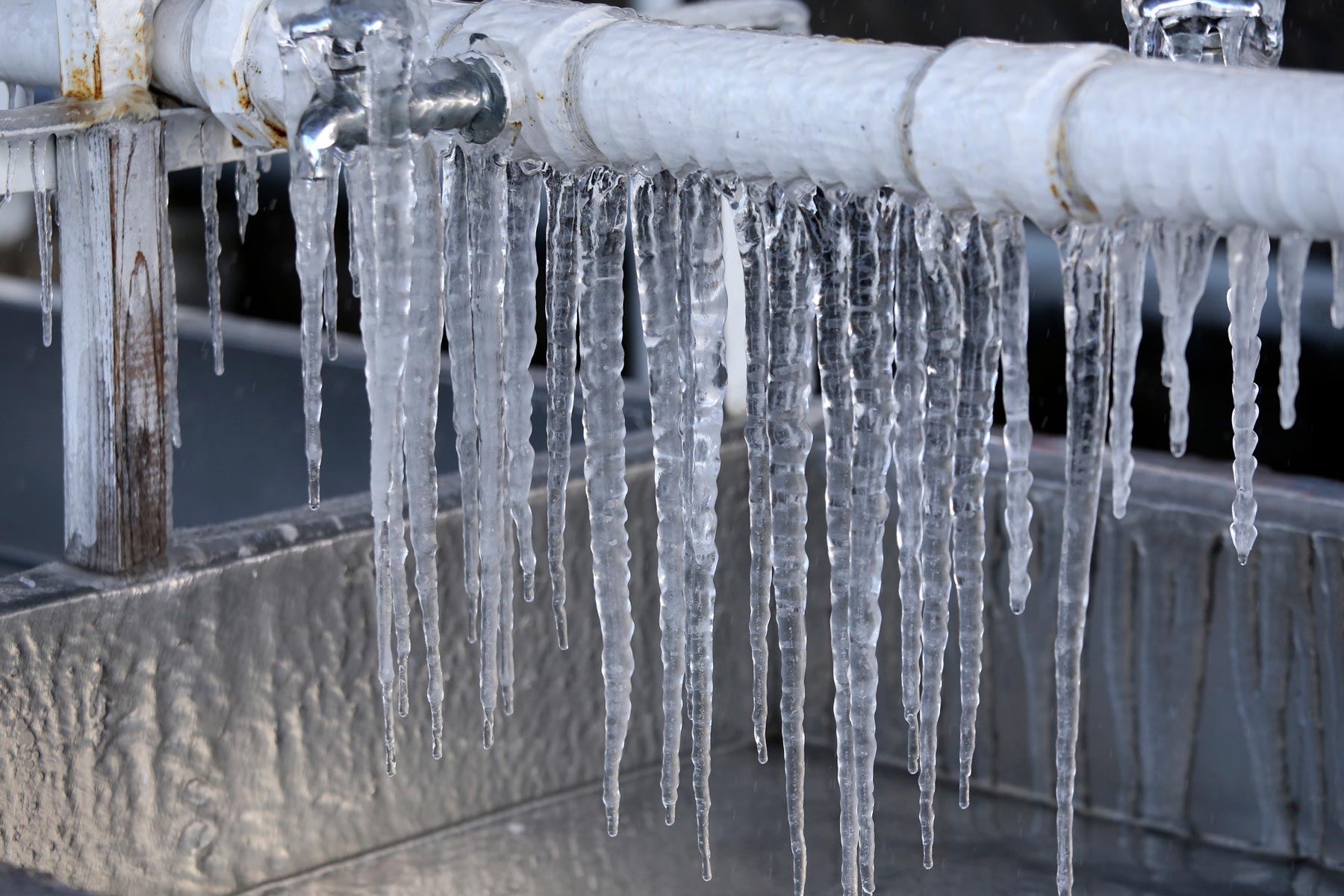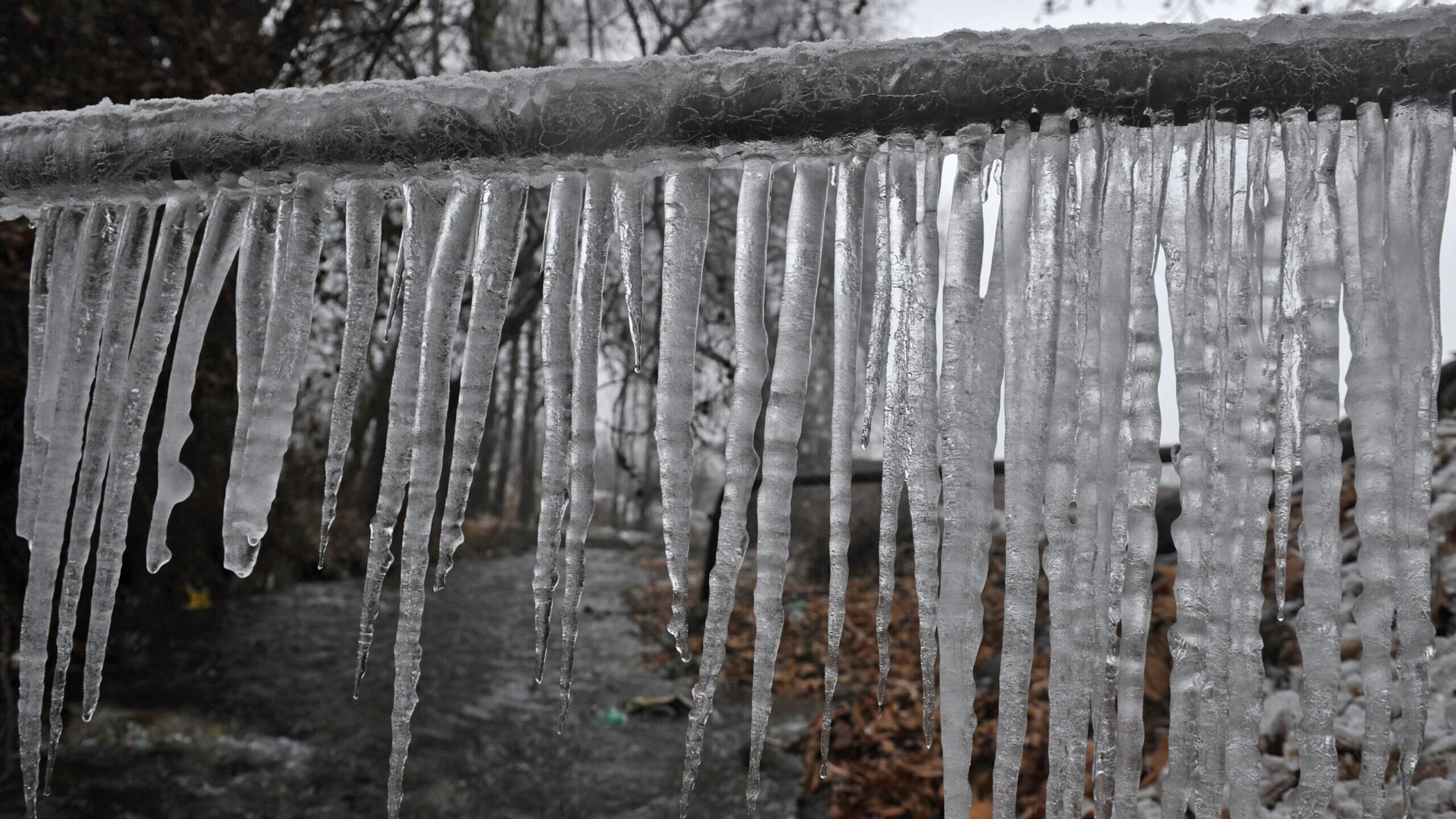Protecting Pipes from Cold Weather Damage: Essential Strategies
Protecting Pipes from Cold Weather Damage: Essential Strategies
Blog Article
Are you currently trying to locate critical information concerning How To Avoid Freezing Pipes?

Winter can ruin your pipes, especially by freezing pipes. Below's just how to avoid it from occurring and what to do if it does.
Introduction
As temperature levels decrease, the threat of frozen pipelines boosts, possibly resulting in expensive fixings and water damage. Understanding just how to prevent icy pipelines is essential for house owners in cool environments.
Understanding Frozen Pipes
What triggers pipes to freeze?
Pipes freeze when revealed to temperature levels listed below 32 ° F (0 ° C) for extended durations. As water inside the pipes ices up, it increases, putting pressure on the pipe wall surfaces and possibly causing them to burst.
Dangers and damages
Frozen pipelines can lead to water disruptions, residential or commercial property damages, and pricey repairs. Burst pipes can flood homes and trigger substantial architectural damages.
Indicators of Frozen Piping
Identifying frozen pipes early can stop them from breaking.
How to determine frozen pipes
Try to find decreased water flow from taps, unusual odors or sounds from pipes, and visible frost on subjected pipes.
Prevention Tips
Insulating susceptible pipelines
Wrap pipes in insulation sleeves or make use of heat tape to shield them from freezing temperatures. Focus on pipelines in unheated or external areas of the home.
Heating strategies
Keep indoor spaces effectively warmed, especially areas with plumbing. Open closet doors to allow cozy air to circulate around pipes under sinks.
Securing Exterior Pipes
Garden hose pipes and outside faucets
Detach and drain pipes yard pipes prior to wintertime. Set up frost-proof spigots or cover outdoor faucets with insulated caps.
What to Do If Your Pipelines Freeze
Immediate activities to take
If you believe icy pipelines, keep faucets open up to relieve stress as the ice thaws. Utilize a hairdryer or towels soaked in warm water to thaw pipelines slowly.
Long-Term Solutions
Architectural changes
Think about rerouting pipes away from exterior walls or unheated locations. Include added insulation to attic rooms, basements, and crawl spaces.
Upgrading insulation
Invest in high-grade insulation for pipelines, attic rooms, and wall surfaces. Proper insulation assists maintain consistent temperature levels and lowers the risk of icy pipes.
Verdict
Stopping frozen pipelines requires aggressive steps and fast reactions. By understanding the causes, signs, and preventive measures, house owners can secure their plumbing during cold weather.
Helpful Tips to Prevent Frozen Pipes this Winter
UNDERSTANDING THE BASICS: WHY PIPES FREEZE AND WHY IT’S A PROBLEM
Water freezing inside pipes is common during the winter months, but understanding why pipes freeze, and the potential problems it can cause is crucial in preventing such incidents. This section will delve into the basics of why pipes freeze and the associated problems that may arise.
THE SCIENCE BEHIND FROZEN PIPES
When water reaches freezing temperatures, it undergoes a physical transformation and solidifies into ice. This expansion of water as it freezes is the primary reason pipes can burst. As the water inside the pipe freezes, it expands, creating immense pressure on the walls. If the pressure becomes too great, the pipe can crack or rupture, leading to leaks and water damage.
FACTORS THAT CONTRIBUTE TO PIPE FREEZING
Low Temperatures: Extremely cold weather, especially below freezing, increases the risk of pipes freezing. Uninsulated or Poorly Insulated Pipes: Pipes located in unheated areas, such as basements, crawl spaces, or attics, are more prone to freezing. Insufficient insulation or lack of insulation altogether exacerbates the problem. Exterior Wall Exposure: Pipes running along exterior walls are susceptible to freezing as they encounter colder temperatures outside. Lack of Heating or Temperature Regulation: Inadequate heating or inconsistent temperature control in your home can contribute to frozen pipes. PROBLEMS CAUSED BY FROZEN PIPES
- Pipe Bursting: As mentioned earlier, the expansion of water as it freezes can cause pipes to burst, resulting in significant water damage.
- Water Damage: When pipes burst, it can lead to flooding and water damage to your property, including walls, ceilings, flooring, and personal belongings.
- Structural Damage: Prolonged exposure to water from burst pipes can compromise the structural integrity of your home, leading to costly repairs.
- Mold and Mildew Growth: Excess moisture from water damage can create a favorable environment for mold and mildew growth, posing health risks to occupants.
- Disrupted Water Supply: Frozen pipes can also result in a complete or partial loss of water supply until the issue is resolved.
WHY CERTAIN PIPES ARE MORE PRONE TO FREEZING
- Location: Pipes located in unheated or poorly insulated areas, such as basements, crawl spaces, attics, or exterior walls, are at higher risk of freezing.
- Exterior Pipes: Outdoor pipes, such as those used for irrigation or exposed plumbing, are particularly vulnerable to freezing as they are directly exposed to the elements.
- Supply Lines: Pipes that carry water from the main water supply into your home, including the main water line, are critical to protect as freezing in these lines can affect your entire plumbing system.
- Underground Pipes: Pipes buried underground, such as those connected to sprinkler systems or outdoor faucets, can be susceptible to freezing if not properly insulated.
https://busybusy.com/blog/helpful-tips-to-prevent-frozen-pipes-this-winter/

As a person who reads on Prevent Frozen Pipes , I was thinking sharing that post was sensible. In case you liked our blog post plz don't forget to share it. Thanks for your time spent reading it.
Book A Free Estimate Report this page